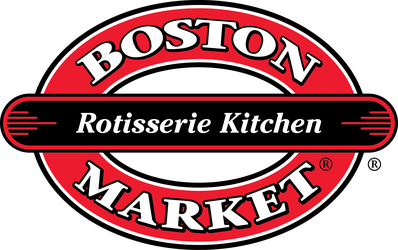Boston Market Should Have Killed Chick-fil-A
But Why They Didn't and What You Should Learn
Boston Market should have and could have killed Chick-fil-A. But they didn’t.
The brand, originally called Boston Chicken, had lofty goals and private equity backing to soar to $1 billion in sales by the year 2000. The chain began serving homestyle meals of spit-roasted rotisserie chickens, made-from-scratch cornbread, and creamy mac and cheese in 1985. At it’s pinnacle had over 1,200 locations across the United States.
In those days, Chick-fil-A was just then beginning to gather steam in the mid-90s. The brand was nothing like it was today. In 1993, Boston Market went public to great fanfare. They were aggressive, and their stock prices soared. Chick-fil-A, a family-owned business, just watched.
The Original Chicken Wars
The story goes that the CEO of Boston Market visited the corporate headquarters in the early days of their brand, eager to learn about the Operator deal that seemed to set Chick-fil-A apart from its competition. In those meetings, the team at Chick-fil-A shared two key aspects of that deal: they were always closed on Sundays, and there was no limit to the income opportunity for an Operator.
The CEO from Boston Market paused, and responded:
“We’re interested in everything but those two things.”
They were not willing to bet on mutually beneficial franchisee partnerships.
Fear and Trembling at Chick-fil-A
Despite this edge, the leadership team at Chick-fil-A was looking at a competitor flush with cash from the IPO, and a clear advantage when it came to brand awareness and quick growth. At some point, the executive team and marketing team had gathered into a room, trying to figure out how to get bigger and to do it faster than the competition. At the head of the table was Truett Cathy, silent. Suddenly, he crashed his fists on the table until he had everyone’s attention.
The room stopped and stared.
“Gentlemen, I am sick and tired of hearing you talk about us getting bigger. What we need to be talking about is how to get better. If we get better, our customers will demand that we get bigger.”
A Learning Company
Chick-fil-A is a learning company. It’s been that way from the beginning, and it’s that way now. Ask any Operator or staff member. Chick-fil-A is always learning. Sometimes it’s easy to learn what not to do. Boston Market let the future happen to them.
Only 310 restaurants remain.
1. They fumbled with a focus on financial performance, over purpose and long-term growth.
2. They refused to look for mutually beneficial deals and opportunities and lost the chance to partner with world-class people who could have made their brand great.
3. Most of all, they sought to grow bigger instead of getting better.
By 1998, Boston Market had filed for bankruptcy. And two years later, Chick-fil-A would hit $1 billion in sales, matching the lofty goals set by its biggest competitor. I’ll finish as I started: Boston Market should have and could have killed Chick-fil-A.
But they didn’t.
Let the reader understand.



